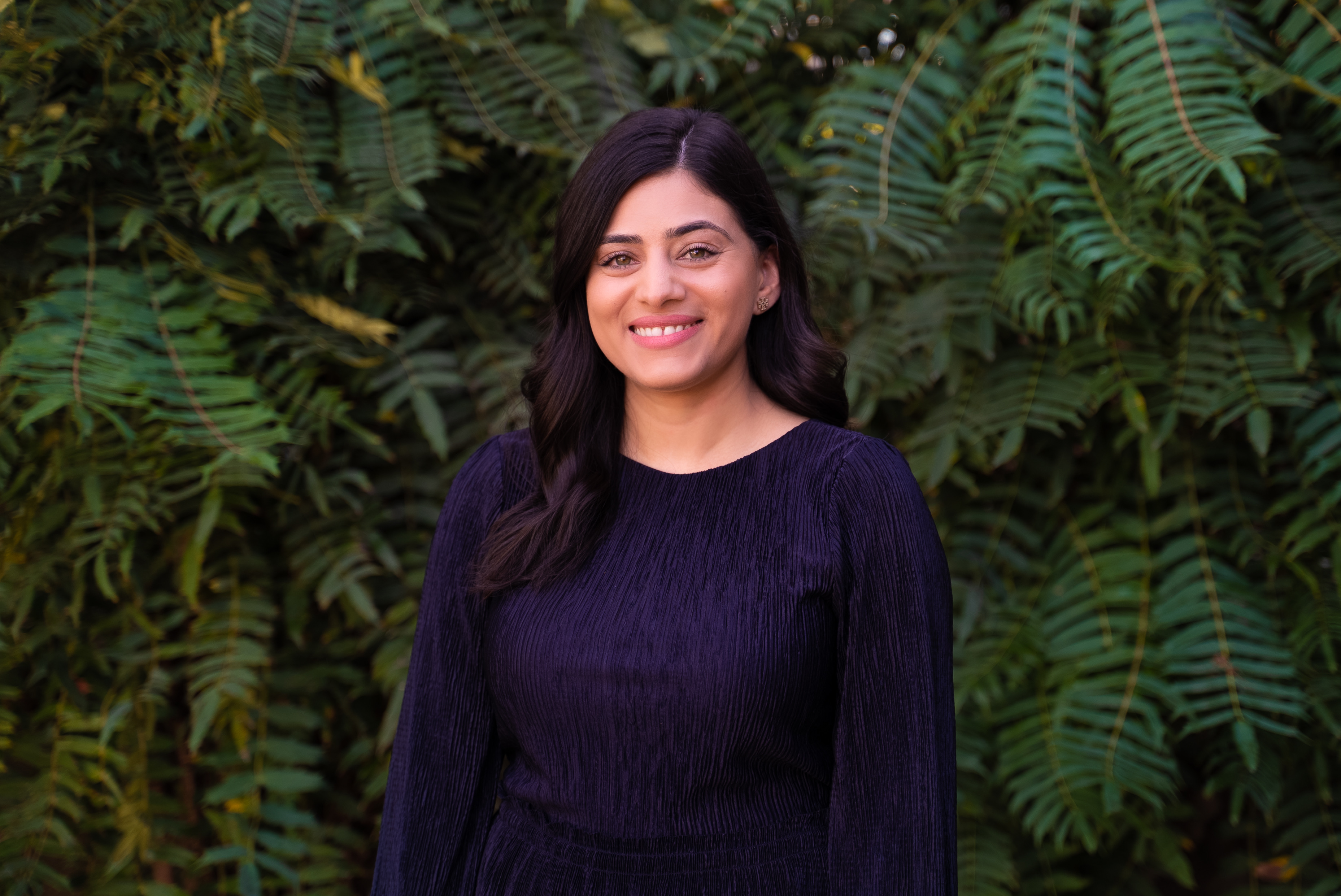
Get Involved
The Research Academy hub will be updated throughout the year. Please let us know what you would like to see included on our page. For example, would you like to see links to best practices or specific information (i.e., t-tests or choosing an appropriate data analysis) or would like to nominate students, staff, or faculty members for the Research Spotlight? If so, please contact
Research Academy
To support research collaboration among faculty, staff, and students, the Research Academy sub-committee (of the JFKSOPSS Grants and Research Committee) created a process of collecting data to be included in a searchable database. This searchable database is accessible from the NU Whole Person Center (WPC) website within the Research Academy section. The process is an opportunity to list faculty interest in conducting research with other faculty and staff (either as the primary organizer/researcher looking for collaborators or as a subject matter or methodology expert available to collaborate with others on existing research). Individuals are asked to list their interests, areas of expertise, aspects of a study or manuscript they would be interested in collaborating on, and interest in informally mentoring students. This information is searchable by faculty, staff, and students looking to participate in research or informal mentorship. The Research Academy of the WPC website also includes information highlighting student, staff, and faculty research and accomplishments as well as content to support research and learning (such as “how to” videos, blogs about experiences associated with research, and resources).
Research Spotlight:
Meet Amanpreet Kaur

Research Area
Caste segregation is prevalent in India and within the South Asian community in the United States, where many people organize their social lives based on class or caste hierarchies. Marriage in the South Asian community is considered a union and bonding between two families rather than individuals. Despite the growth of the South Asian population in the U.S., there is very little research on the lives of Sikh Punjabi American women and their lived experiences of intercaste marriages. I sought to highlight the experiences of women who may have defied their potential cultural limitations and had an intercaste marriage. An individual’s caste is predetermined at the time of birth thus an individual has no choice over what their caste is nor can they change their caste throughout their life. Couples who defy this social norm face severe consequences including, but not limited to being shunned from the community, driven out of their parental home, and in the worst-case scenarios, killed which is known as honor killings. This study aimed to address the gap of knowledge and lack of available data concerning the experiences of intercaste marriages and the psychological impact that they may have on an individual. There is very little information about the lives of Sikh Punjabi American individuals in the United States let alone of women’s experience of intercaste marriages.
Inspiration
My interest in this topic grew from my own experiences of prejudice within the caste system and the effects it had on my relationship with my parents. Growing up, I witnessed how the caste system shaped people's attitudes and behaviors especially when it came to relationships. When I entered into a relationship with someone from a different caste, I faced significant opposition, especially from my own family. This created a deep sense of internal conflict as I found myself torn between my personal feelings and the expectations placed on me by my cultural and familial background. The emotional strain, the sense of alienation, and the pressure to choose between love and family led me to explore how these dynamics affect individuals. Understanding how caste-based prejudice can impact relationships, mental health, and family bonds became something I felt compelled to research further, in the hope of contributing to the dialogue around caste and its effects on people's lives.
Advice for Other Researchers
Researching deeply personal topics can be challenging, and it is important to prioritize self-care throughout the process. I strongly recommend seeking support from your committee and colleagues, as well as considering therapy, as the research journey can be emotionally activating and demanding.
Current Position, Career Goal, and/or Research Agenda
I am a postdoctoral psychology resident at Southwest Behavioral & Health Services in Arizona. Working in a public health setting has given me the opportunity to provide individual, family, and couples therapy while serving a diverse range of clients. Throughout my residency, I have also had the privilege of conducting pre-doctoral internship interviews and supervising three interns, which has further enhanced my clinical and leadership skills. My long-term goal is to continue working with underserved communities and to make therapy more accessible.
Research Resources
If you are interested in collaborating on a research project or providing training support for research methods, please complete this .
Please share your interest in conducting research with other faculty and staff (either as the primary organizer/researcher looking for collaborators or as a subject matter or methodology expert available to collaborate with others on existing research).
The information submitted using the Research Jotform will be compiled into a database that will be available to faculty, staff, and students. The database will include faculty interests, areas of expertise, aspects of a study or manuscript faculty are interested in collaborating on, and interest in informally mentoring others. This searchable database will be accessible soon.
